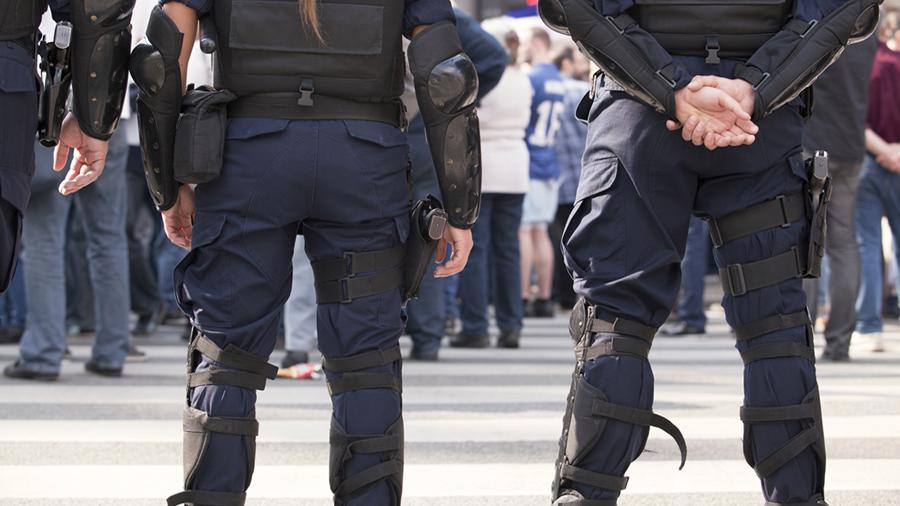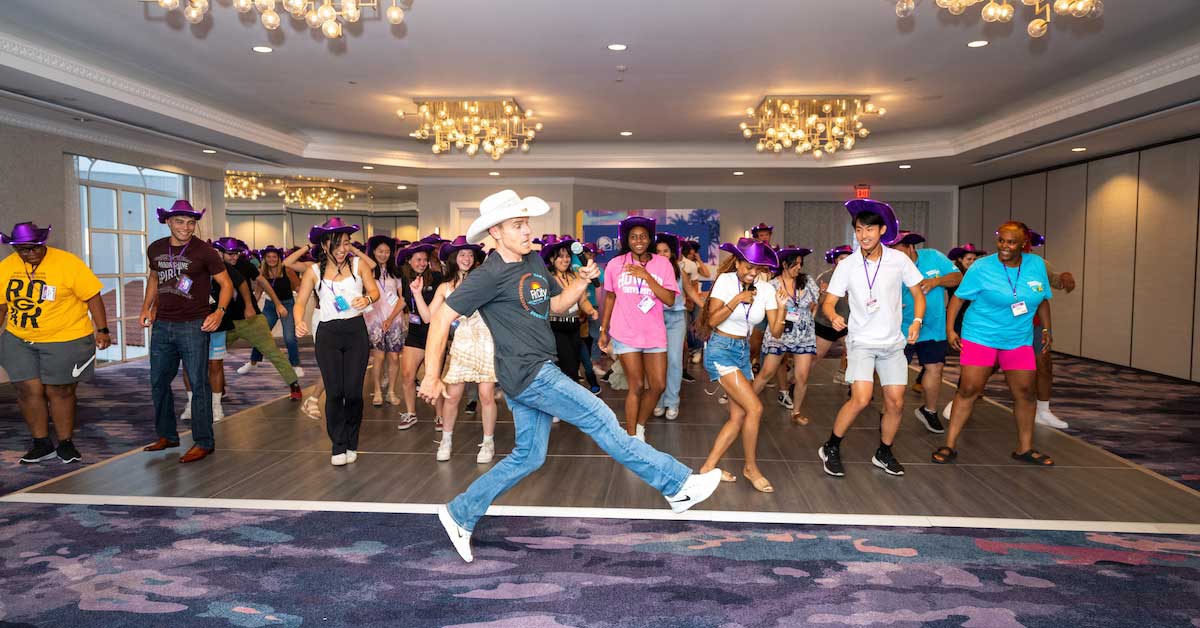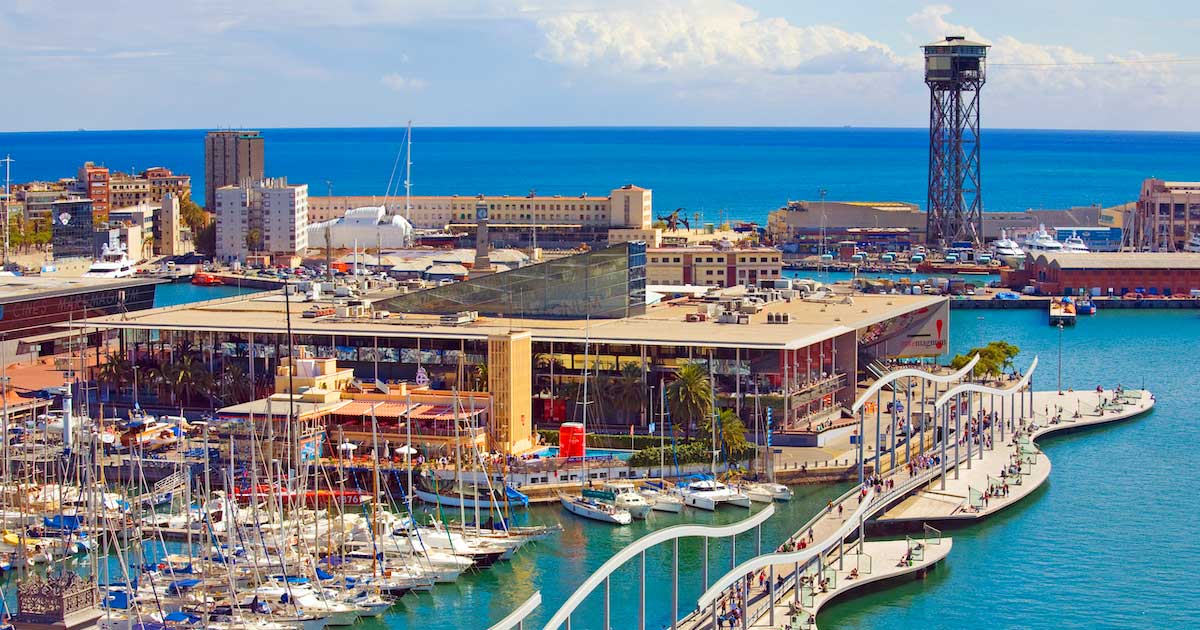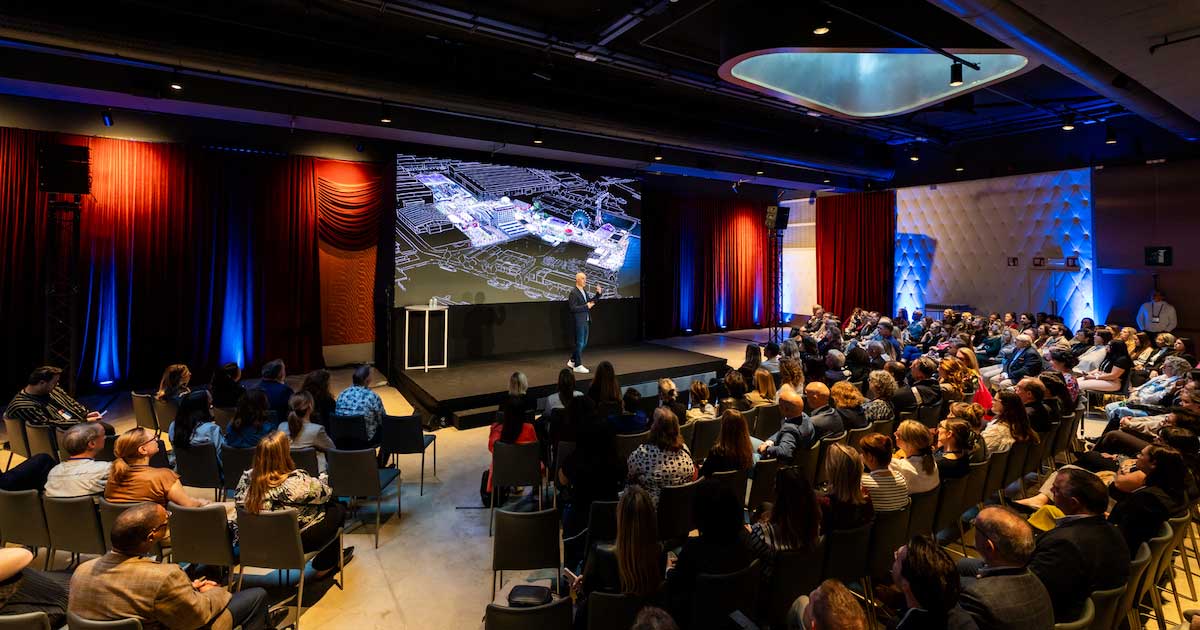Thirty-two people died and more than 300 were injured when ISIS targeted Brussels Airport and Maalbeek metro station with nail bombs on March 22. The terrorist attacks were the deadliest in the country’s history, and while it’s too early to quantify the economic fallout, the closure of the airport alone is likely to have had a profound impact.
Terrorists aim to wreak havoc—and wreaking havoc on the economy is part of the game plan; the fear that the physical attack instills in people visiting a place afterward is as important to the terrorist’s agenda as the act itself. Because the meeting industry makes so much money (US$280 billion in annual spending in the U.S. alone), it’s inevitably one of the key economic casualties following an act of terrorism. But, meeting industry leaders say that doesn’t have to be the case.
Pieter Allaerts, director of sales and marketing at Dolce La Hulpe Brussels and president of the MPI Belgium Chapter, says the most obvious financial impact of the attacks on his country was the closure of the airport, which sees 21 million visitors pass through each year.
That said, Allaerts believes Belgium did a good job of keeping smaller regional airports open.
“It showed good will—that if you really want to, you can still come to our country,” he says.
But the economic impact, Allaerts says, will likely be felt in all sectors—hotels, conference centers, restaurants. And it didn’t only affect Brussels, but the entire country.
He says companies that had scheduled meetings and events resorted to teleconferencing instead of meeting face to face, but that this is not an adequate proxy.
“It sends out the wrong message. Meeting face to face will always have a bigger impact,” Allaerts says. “And MPI, as well as other organizations and associations, works hard to send out a message that people should continue to travel to Belgium. This week in Brussels there’s a big seafood festival that has always had a big economic impact for Brussels and Belgium. The event is going ahead, and this is the right message.”
He says even the country’s own MPI event celebrating Global Meetings Industry Day (GMID) in April was in doubt; organizers felt they couldn’t take the financial risk of letting it go ahead, fearing delegates would stay away. But the MPI Foundation stepped in with financial help and publicity, and the event went ahead and ended up being a great success.
“This was a great message,” Allaerts says. “One that said Belgium was safe.”
It also sent a message to terrorists that their tactics don’t work.
“Of course the safety of participants comes first, and inevitably extra measures have to be put in place—but it’s important to remain positive and [show] that meetings continue happening.”
“It’s good to see the creative actions put in place by our industry,” Allaerts says, citing successful efforts such as the Brussels Hotels Association's Pyjamas’ Nights, in which someone wearing pajamas at check-in received a 50 percent discount on the room rate, and ACC Belgium's initiative encouraging the sharing of photos and videos of live experiences—from a meeting to dinner with friends—online using the hashtag #WeLoveLive.
A month on, it’s hard to say how the meeting industry is faring in Belgium. Some events are continuing; others have been cancelled.
“Tomorrow we gain some, other days we lose some,” Allaerts says. “So you can’t draw a line yet. It’s too soon to say. April and May will be difficult months, but going into the summer let’s hope all is back on track.”
Fiona Pelham, managing director for Sustainable Events Ltd. and international chair for MPI, agrees that canceling the MPI Belgium Chapter’s GMID event wasn’t the answer.
“The MPI Foundation immediately reacted to support the local chapter so that it could go ahead,” she says. “Our Foundation sent money to help offset canceled ticket costs because we are a global association and look out for our members anywhere. If we stop coming together we’ve got no chance. We need to keep meeting and champion our community, our profession and what we do.”
Pelham says the MPI Turkey Chapter has also been impacted by terrorism. More than 85 people died in the space of three months in separate bombings in Ankara and Istanbul. It proved, Pelham says, “that this could happen to any of us, anywhere,” but it also showed the importance of belonging to an international association.
“We’re a global community looking out for each other,” she says. “It’s important when something like this happens to tell the world we can get back to normal, that hotels are as safe as they can be.”
When there are mass casualties—as there were in Belgium and Turkey—it’s hard to tell people to come to a country and that it’s “business as usual.”
“People are grieving,” Pelham says. “But meetings are vital because they also allow people to create perceptions and connections with that destination. In Paris and Belgium, meetings will create a different perception.”
In short: it’s a domino effect. By one organization refusing to kowtow to terrorists and cancel its conference, others will follow suit. Pelham concedes it’s a difficult subject to talk about.
“I don’t think any global association knows how to,” she says. “But it’s a global conversation we need to be having. And I think this conversation is only going to grow.”
A 2013 study into the effects of terrorism on foreign direct investment in Turkey, published in the Review of Economics, showed that terrorism “causes decreases of foreign direct investments during both low- and high-level terrorist activity.”
Hasan Eker, CMP, owner of Burkon Tourism and Congress and incoming president of the MPI Turkey Chapter, says the impact is palpable.
“In Turkey right now the meeting industry is being impacted,” he says.
A pharmacological conference that usually sees 100 people attending from outside the country now has 60 confirmed, he notes.
But Eker also believes it’s important to put risk into perspective.
“In Turkey a traffic accident is much more of a risk than a terrorist attack,” he says. “We should put it into context. Terrorists want cancelations. That’s their aim.”
Eker says hotels in Istanbul are empty because of cancelations. The resort town of Antalya, on the Mediterranean coast, usually sees 10 million tourists every year—mostly from Russia, Western Europe and elsewhere in the Middle East.
“I think about 50 percent have canceled this year,” he says. “My message is: Don’t cancel. Conferences and their participants are helping Turkey. If you postpone or cancel, the terrorists are winning.”
The Impact of the Belgium Terrorist Attacks on the Meetings Industry
If we stop coming together we’ve got no chance. We need to keep meeting and champion our community, our profession and what we do.
June 20, 2016

ADVERTISEMENT
ADVERTISEMENT
YOU MAY ALSO LIKE
Wellness expert Angela Minardi of Fit City Adventures discusses connecting in meaningful ways at events and some of the exciting wellness activations she’s bringing to MPI’s World Education Congress (June 2-4 in San Antonio), from puppy yoga to a sound bath to a meditation station.
A short voyage through Barcelona’s Port Vell and the surrounding marina area during an MPI EMEC learning journey revealed the ways that this historic city has adapted its traditional harbour to support modern priorities.
If you want your event to be remembered, make sure delegates aren’t distracted, says Bogdan Manta, organisational neuroscientist and MPI European Meetings & Events Conference plenary speaker.
Meet John Kirby (MPI Kansas City Chapter) director of customer relationships for Encore, recognized as MPI’s Volunteer of the Month for February 2026.
AI is our tool and it’s powerful in the hands of the curious, according to Xander Kranenburg, opening plenary speaker at MPI’s European Meetings & Events Conference, 22-24 February in Barcelona. But the true instrument at work here is not artificial intelligence, it’s you.






